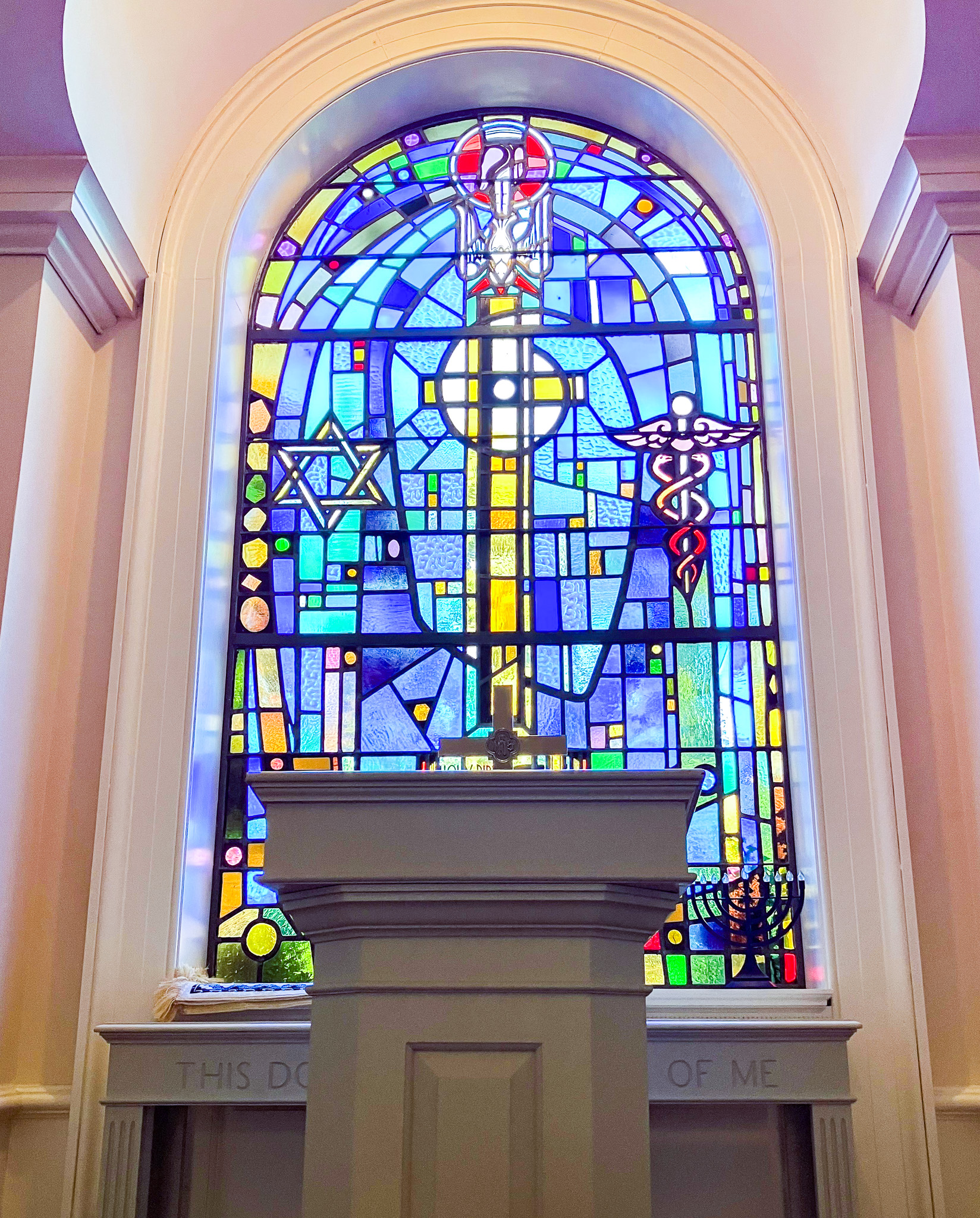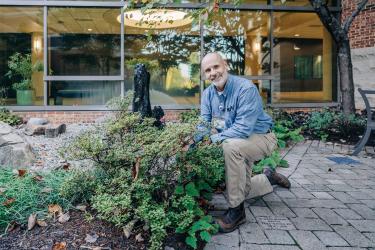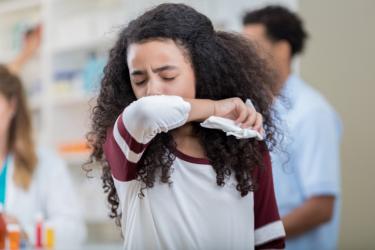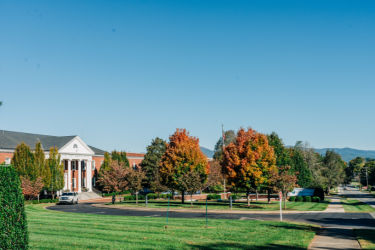Since its founding, Virginia Baptist Hospital (VBH) has embraced a mission of providing excellent, compassionate care. Oftentimes, this care has been rooted in spiritual support which continues to be true today. The chaplaincy program, which started in 1953 with the hiring of Chaplain Joseph Robert Johnson, has transformed over the decades to meet the evolving needs of patients, families, and staff alike. Today, the program not only reflects a rich history but also serves as an invaluable resource for the holistic care of Centra’s patients.
The roots of VBH's chaplaincy trace back to 1924 when the Virginia Baptists established a medical mission that led to the hospital's opening. Under Chaplain Johnson’s guidance, the program focused on providing spiritual support, raising funds for charity care through the Mother’s Day Fund, and serving as a bridge between VBH and the Baptist community.
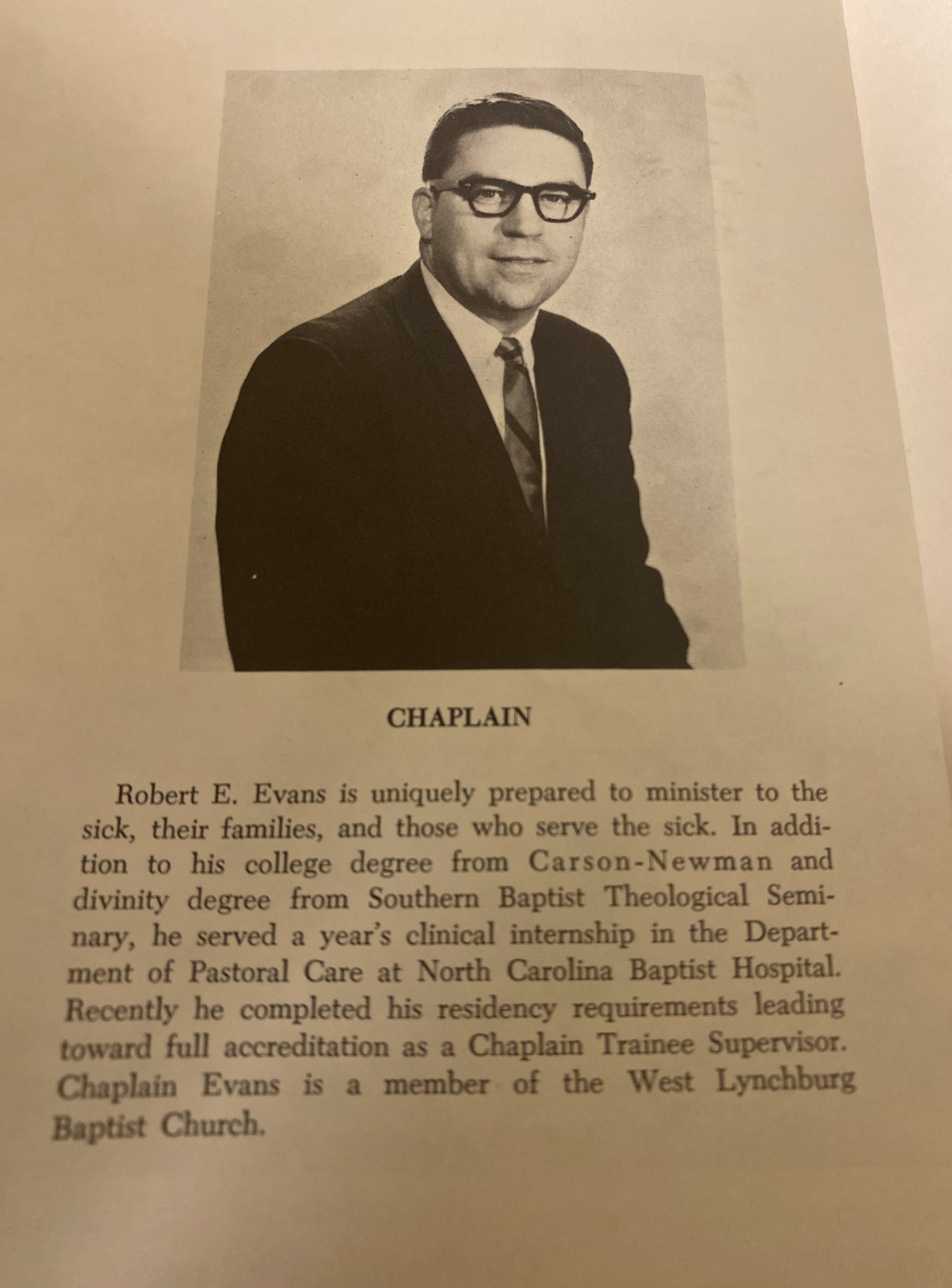 By the 1960s, the focus shifted to clergy education with Chaplain Bob Evans, who launched Clinical Pastoral Education (CPE) at VBH, training hundreds of clergy members in the art of pastoral care. This commitment to educating clergy expanded further in 1974 under Chaplain Marvin Gold, who founded the School of Pastoral Care with satellite programs that allowed clergy to hone their counseling skills.
By the 1960s, the focus shifted to clergy education with Chaplain Bob Evans, who launched Clinical Pastoral Education (CPE) at VBH, training hundreds of clergy members in the art of pastoral care. This commitment to educating clergy expanded further in 1974 under Chaplain Marvin Gold, who founded the School of Pastoral Care with satellite programs that allowed clergy to hone their counseling skills.
In 1996, VBH merged with Lynchburg General Hospital (LGH), leading to a shift in focus from clergy training to patient and staff care. In 2004, a Parish Nurse Course and Congregational Health Program were founded by Ruth Syre which became the precursor to today’s Department of Community Health. The CPE Program was reestablished one year later and gained accreditation in 2013, enabling VBH to train residents in pastoral care.
VBH’s chaplaincy has evolved alongside changes in healthcare. In earlier decades, patient privacy was limited, allowing chaplains to inform local clergy when congregants were hospitalized without needing consent. Today, privacy laws require patients to initiate any contact, and the chaplain’s role has expanded to serve patients from diverse backgrounds. The chaplaincy team is interfaith and offers inclusive spiritual support in VBH’s chapel—a welcoming space for all.
Today, chaplains participate in interdisciplinary care teams by attending team meetings, contributing to the electronic medical record and assisting patients and families with advance care planning. This integration ensures that spiritual and emotional dimensions of care are woven into VBH’s treatment approach, honoring the whole person.
Today’s chaplains at VBH provide essential emotional and spiritual support across various units, including Acute Rehab, Centra Specialty, ICU, Mother/Baby, and the Neonatal Intensive Care Nursery. They respond to codes and crises, comforting families during emergencies, and accompany patients and families during end-of-life transitions. On behavioral health units, chaplains and clinical musicians lead spirituality groups, fostering healing through conversation and music.
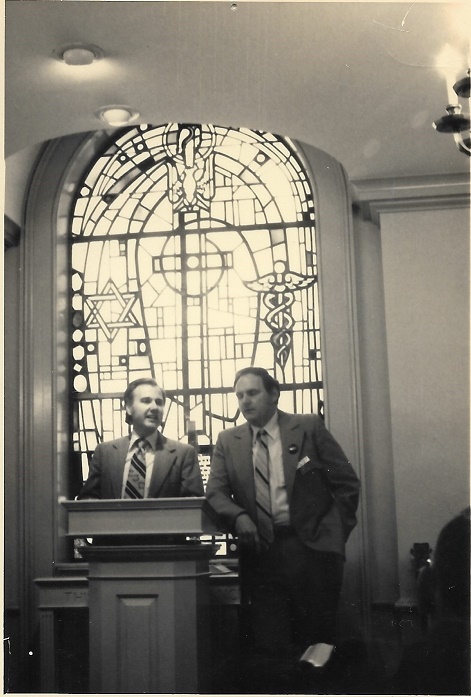 VBH chaplains also form long-term relationships with Caregivers, especially during challenging times. Through Code Lavender debriefings and Blessing of the Hands ceremonies during Hospital Week, chaplains acknowledge and honor the resilience of staff. For Caregivers facing personal crises, chaplains guide them toward resources such as the Helping Hands Fund, a benevolent fund managed by the Centra Foundation.
VBH chaplains also form long-term relationships with Caregivers, especially during challenging times. Through Code Lavender debriefings and Blessing of the Hands ceremonies during Hospital Week, chaplains acknowledge and honor the resilience of staff. For Caregivers facing personal crises, chaplains guide them toward resources such as the Helping Hands Fund, a benevolent fund managed by the Centra Foundation.
As we celebrate VBH’s centennial, the chaplaincy program is evidence of the enduring power of compassionate, faith-based medical care. There is no doubt that the entire Centra Spiritual Care Team remains dedicated to providing empathetic support, ensuring that every patient, family member and Caregiver is comforted in mind, body and spirit.

